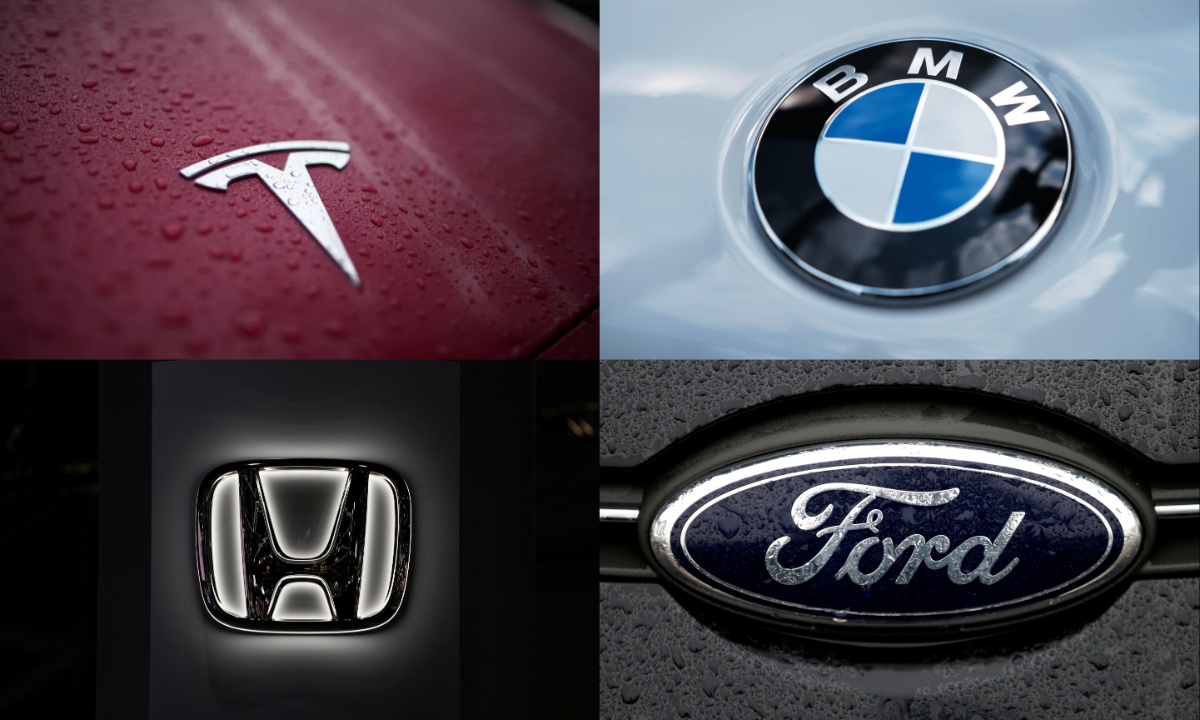The year 2024 was a pivotal one for the automotive industry, as the number of vehicle recalls surged, affecting millions of cars across the globe. Recalls are initiated for various reasons, ranging from minor issues like incorrect labels to more serious safety hazards such as electrical failures, fire risks, and malfunctioning components.
These recalls not only disrupt vehicle owners but also reflect the state of manufacturing quality and safety standards in the industry.
In this article, we explore the ten automakers with the highest number of vehicle recalls in 2024, ranking them based on the total number of cars affected and the number of recalls issued. This overview highlights the largest offenders and the reasons behind their recalls, offering insight into both the successes and struggles within the automotive sector.
1. Volkswagen Group – 1,088,407 Cars Affected (18 Recalls)
Volkswagen Group, which includes brands like Volkswagen, Audi, and Porsche, experienced a relatively moderate number of recalls in 2024. With 1,088,407 vehicles recalled through 18 separate actions, Volkswagen made some improvements compared to previous years. One of the significant recalls came on June 20, affecting 271,330 vehicles.
The issue involved front passenger airbags in 2021-2024 Atlas and 2020-2024 Atlas Cross Sport SUVs, which were found to potentially fail to deploy during a crash.
While this was a serious safety concern, the overall number of vehicles affected by Volkswagen recalls was lower than other manufacturers on this list. Despite this, Volkswagen still faced challenges in maintaining the quality of its vehicles, especially in terms of ensuring safety features functioned as intended.
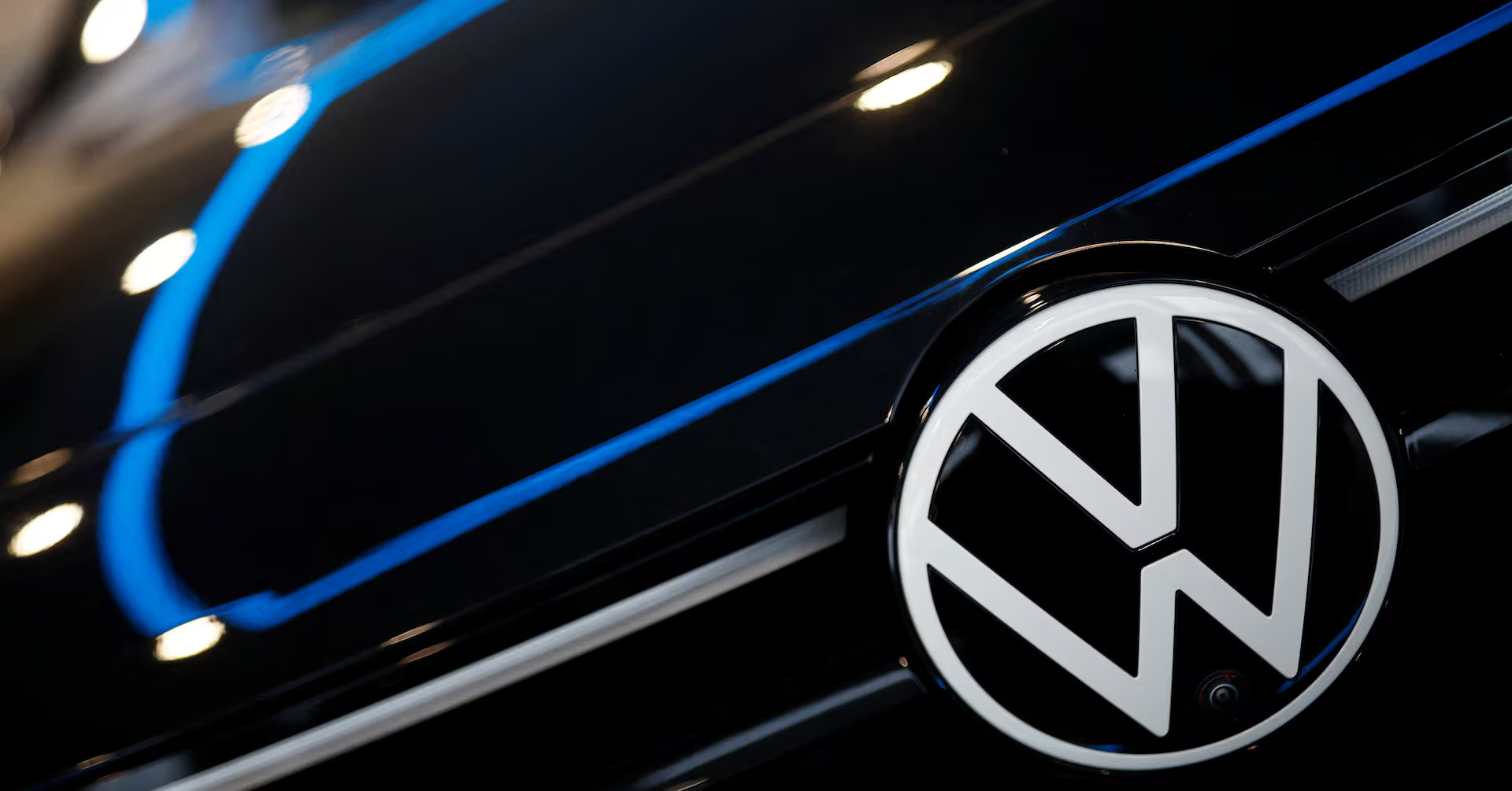
2. Hyundai – 1,109,978 Cars Affected (25 Recalls)
Hyundai, a major player in the global automotive market, experienced a notable increase in recalls in 2024, entering the top ten for the first time. The company issued 25 separate recalls, affecting 1,109,978 vehicles.
However, Hyundai’s total number of recalled cars was still relatively lower than many other automakers, showing a reduction from the previous year. The most significant recall took place on November 21, when 226,118 Elantras and Santa Fes were called back due to malfunctioning rearview cameras.
The failure of this critical safety feature could put drivers at risk, as rearview cameras play a vital role in ensuring safe reversing. Hyundai’s recalls in 2024 were not as widespread as some other manufacturers, but the company still faced issues that required significant attention to maintain vehicle safety.
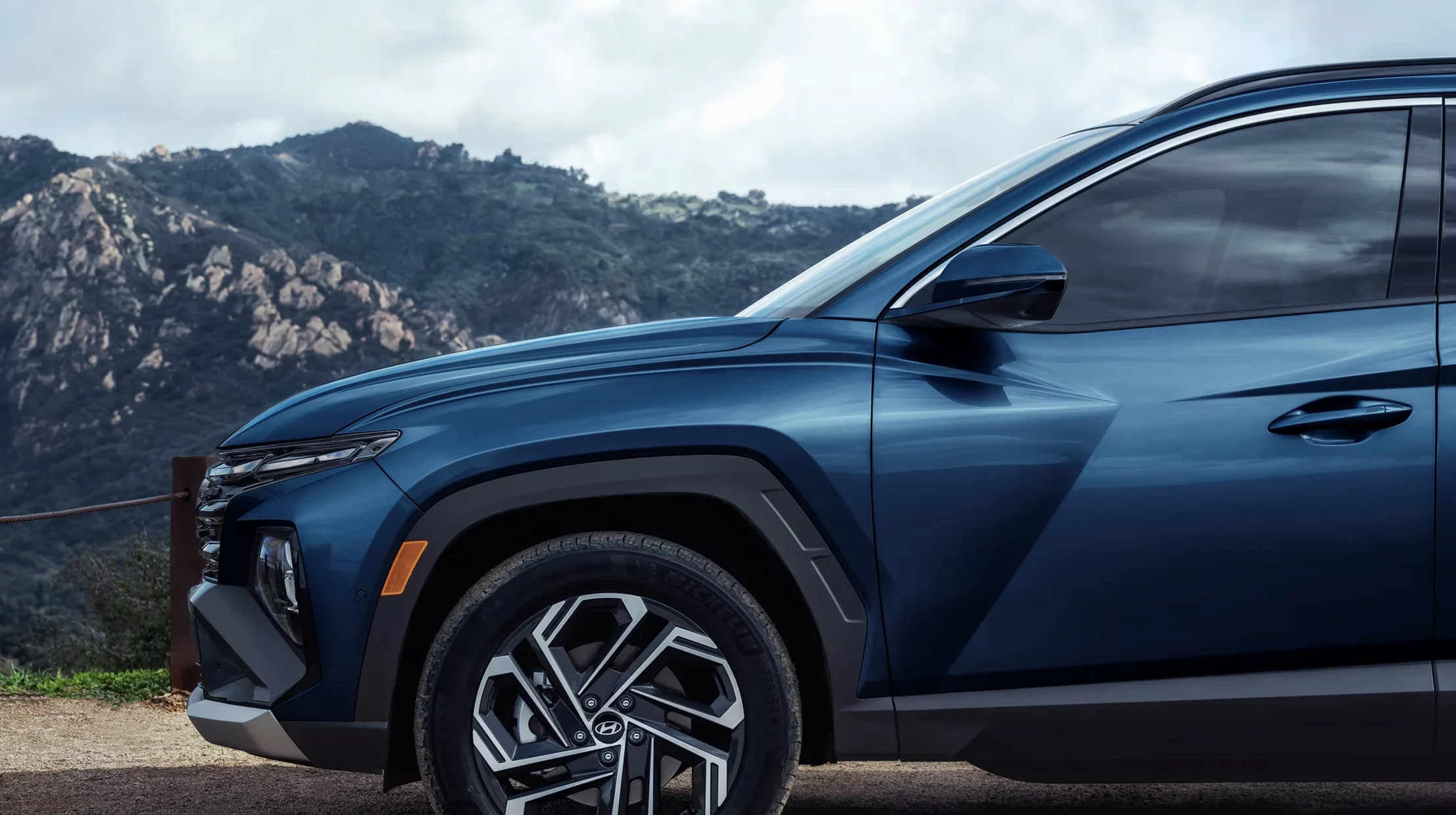
3. Toyota – 1,221,666 Cars Affected (16 Recalls)
Toyota, one of the largest automakers globally, had a relatively low number of recalls in 2024 compared to some of its competitors. The Japanese automaker issued only 16 recalls that year, but the total number of affected vehicles was still over 1.2 million.
Some of the significant recalls involved more than 100,000 Tundra and Lexus LX models, which were recalled due to faulty engines. Other recalls addressed potential axle failures and transmission issues in over 661,000 other trucks and SUVs.
Despite issuing fewer recalls, Toyota’s recalls were often related to critical components such as engines and axles, which posed more serious risks to vehicle safety and reliability. Toyota’s relatively low recall count compared to other manufacturers suggests that it was able to maintain better control over its manufacturing processes, but its recalls were still significant in terms of the safety issues addressed.
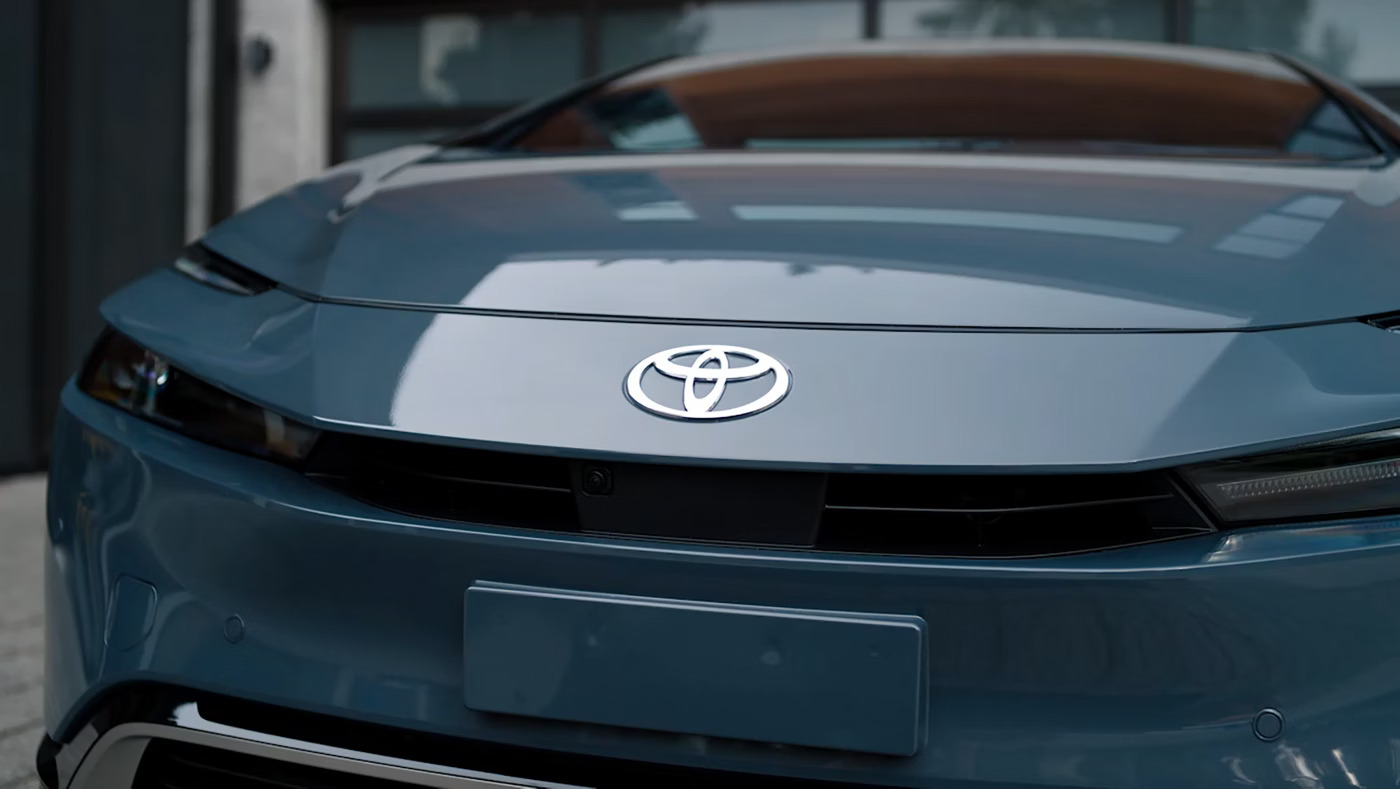
4. Kia – 1,234,611 Cars Affected (20 Recalls)
Kia, a subsidiary of Hyundai, also experienced a relatively moderate year in terms of recalls, issuing 20 separate recalls affecting 1,234,611 vehicles. This figure marked an improvement compared to 2023, as Kia’s recall numbers had been higher in previous years.
The largest recall from Kia in 2024 occurred on June 5, involving 462,869 Telluride SUVs from 2020-2024. The recall addressed a defect in the front power seat motor, which could become stuck and potentially overheat, posing a fire risk.
This type of safety concern highlights the importance of addressing even seemingly small issues, as they can escalate into serious hazards. Despite the relatively low number of recalls, Kia still faced significant challenges, particularly in ensuring that key safety features were free from defects.
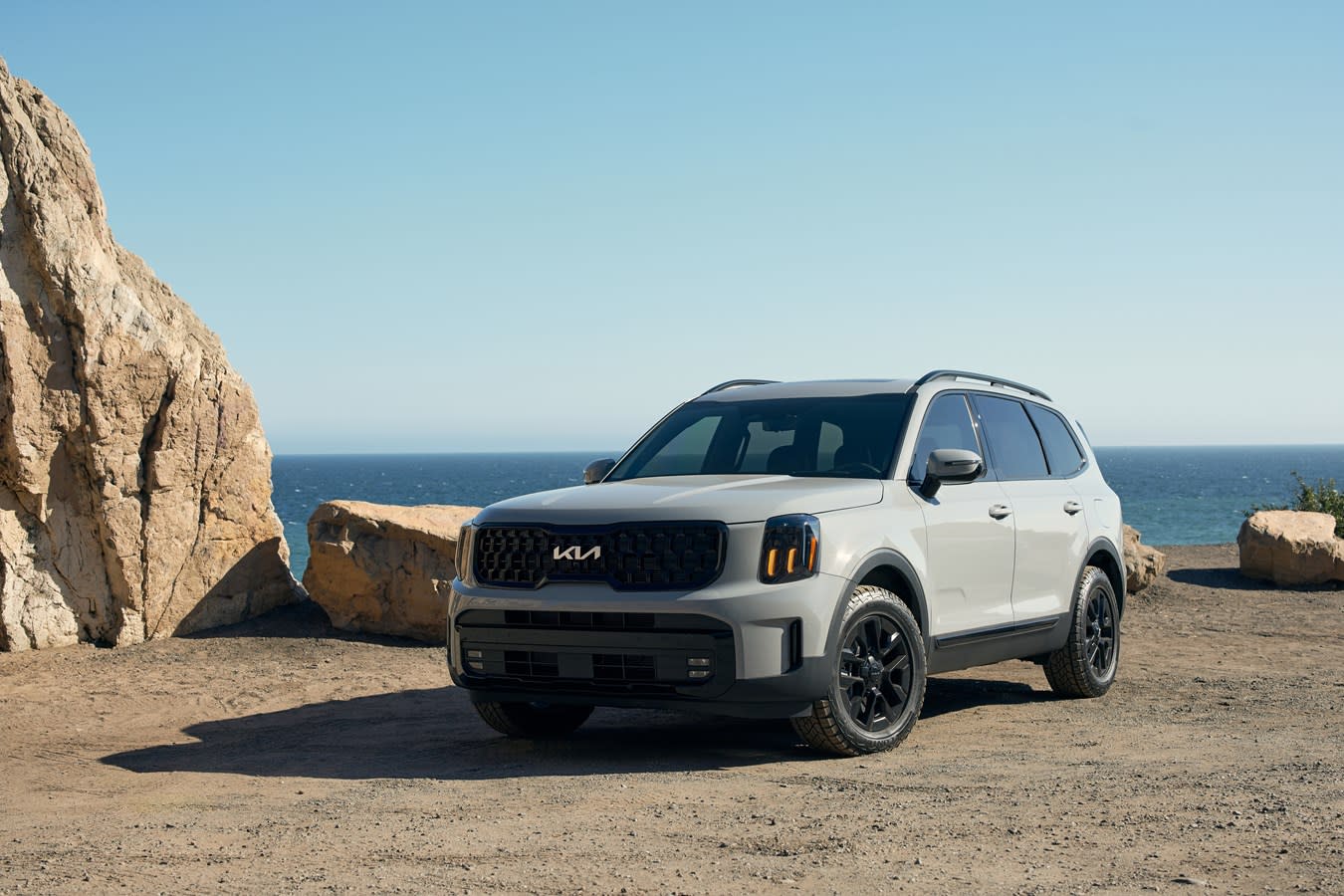
5. BMW – 1,832,968 Cars Affected (36 Recalls)
BMW, the German luxury automaker, had a challenging year in 2024, with 36 separate recalls affecting a total of 1,832,968 vehicles. BMW’s recalls were more frequent and impactful than in previous years, with the company facing both quality control and safety issues.
One of the most significant recalls occurred on August 13, when 720,796 cars and SUVs were called back due to faulty water pumps that could cause fires due to electrical shorts. This issue alone accounted for nearly half of BMW’s total affected vehicles in 2024.
The fact that a single recall could affect such a large number of vehicles indicates the scale of the problem BMW faced in terms of its manufacturing and safety controls. As a result, the company’s recall numbers were significantly higher than in 2023, and it will need to focus on improving the quality and safety of its vehicles to prevent such widespread issues in the future.
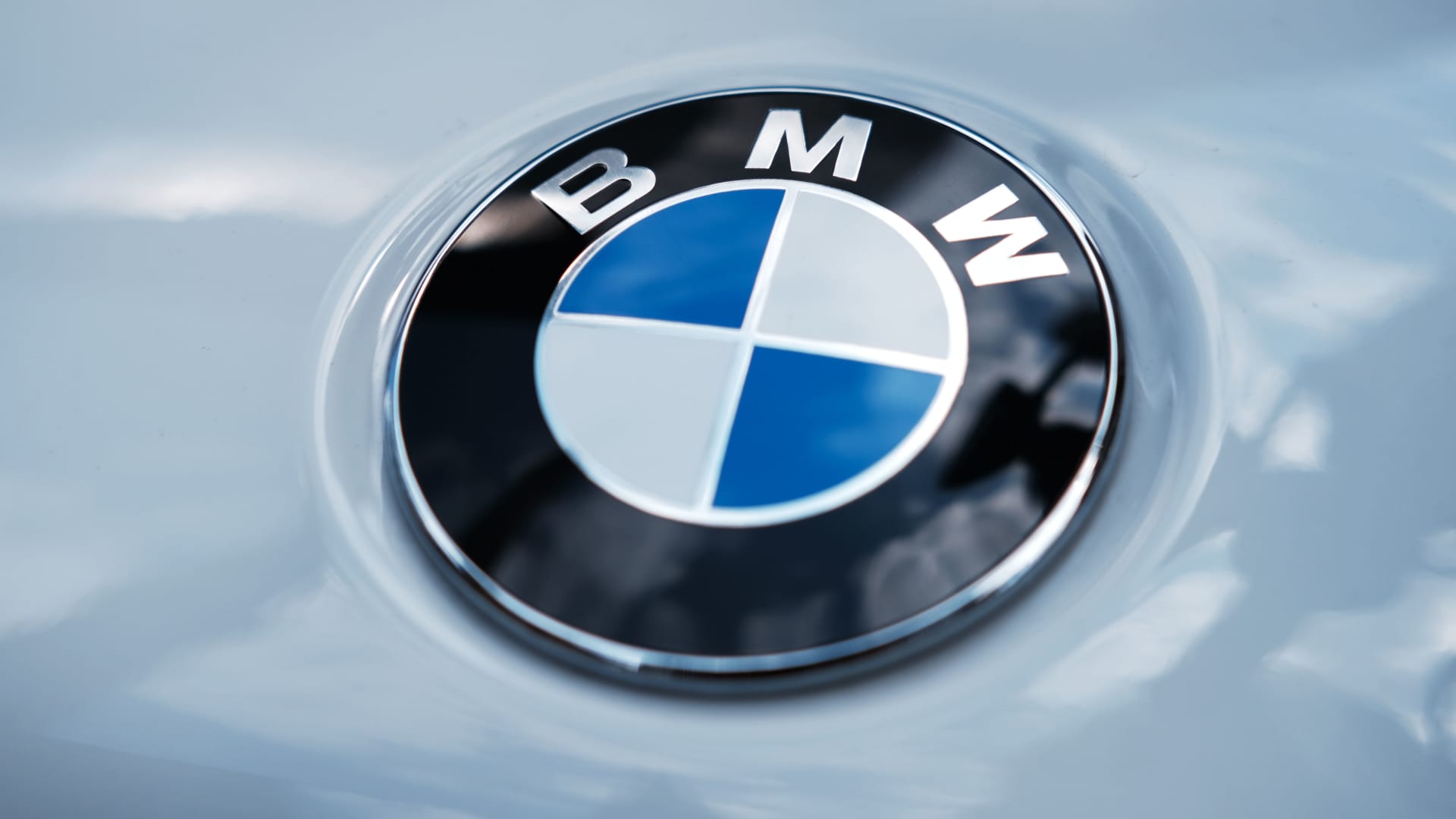
Also Read: Top 10 Fastest Electric Cars That Beat Gas-Powered Cars in Performance
6. General Motors – 1,872,567 Cars Affected (34 Recalls)
General Motors (GM), the largest US-based automaker, had 34 recalls in 2024, affecting 1,872,567 vehicles across its various brands, including Chevrolet, Buick, Cadillac, and GMC. This marked an increase from 2023, but the total number of affected vehicles remained roughly the same.
A large portion of GM’s recalls in 2024 stemmed from a recurring issue with tailgates on Chevrolet Silverado and GMC Sierra trucks. These tailgates were found to potentially unlatch unexpectedly, posing a safety hazard.
The first recall for this issue came on February 1, affecting 570,434 trucks, and another 131,231 trucks were added in a related recall on November 26.
Although GM’s recall count was lower than some other automakers, the fact that a single issue affected over 700,000 vehicles shows how significant the quality control challenges were. The company will need to address these persistent issues to improve its reputation for vehicle safety.
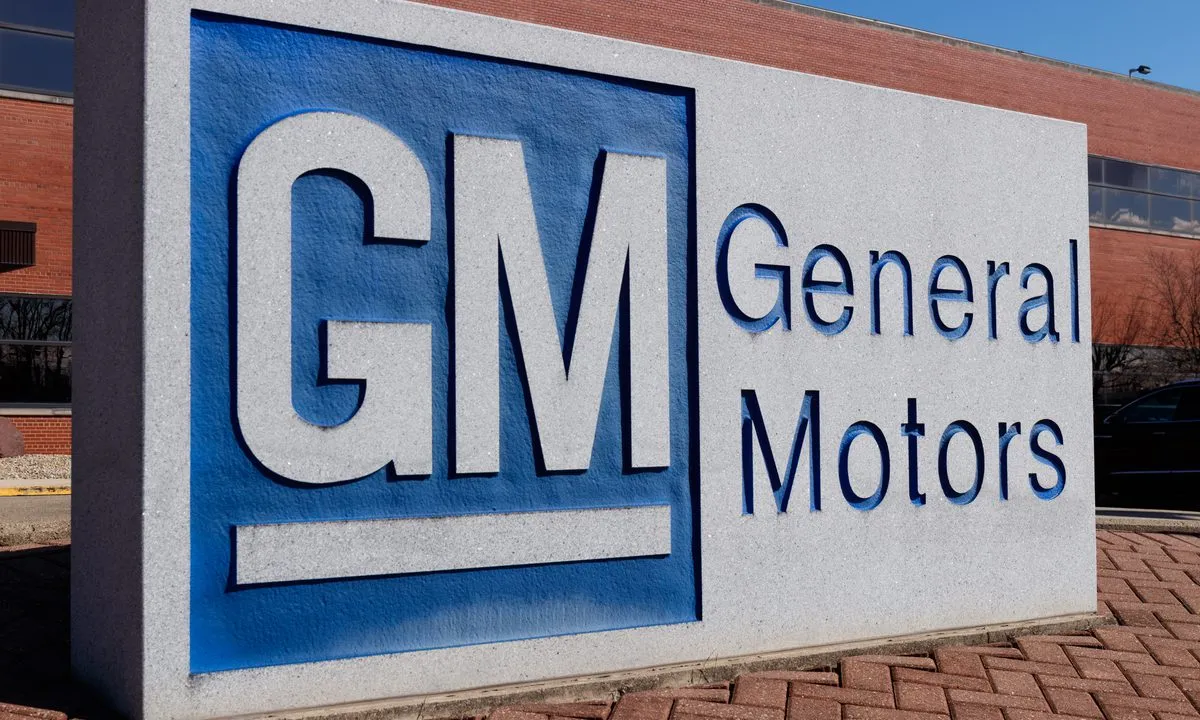
7. Honda – 3,794,113 Cars Affected (18 Recalls)
Honda, which had the largest number of recalled vehicles in 2023, saw a sharp decrease in 2024, with 18 recalls affecting 3,794,113 vehicles. Despite the reduction in recalls, Honda still faced several large-scale safety concerns.
One of the major recalls involved steering problems that affected 1.6 million Civics, Integras, CR-Vs, and HR-Vs. The recall was issued on October 20 and represented a significant safety concern for drivers of these models.
While Honda managed to reduce its total number of recalls, the magnitude of some of the issues that were addressed highlighted the importance of maintaining rigorous quality control standards. With fewer recalls in 2024, Honda could be seen as making progress, but the large number of affected vehicles also showed that there was still much work to be done in terms of improving vehicle reliability and safety.
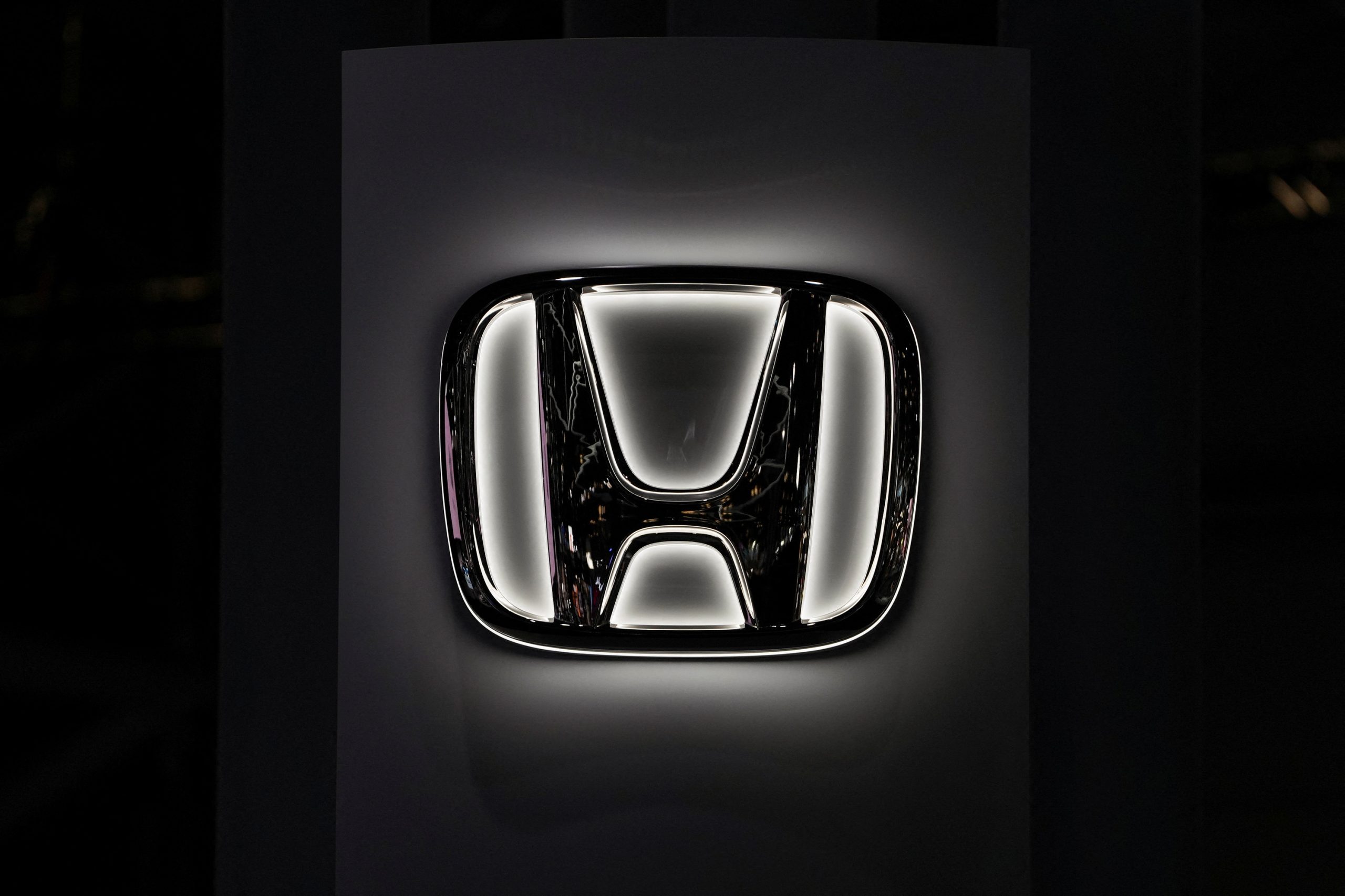
8. Ford – 4,777,161 Cars Affected (67 Recalls)
Ford had a notably high number of recalls in 2024, with 67 separate actions affecting 4,777,161 vehicles. Although this represented a significant decrease from the previous year, the total number of vehicles recalled remained substantial.
A large portion of the recalls involved 1.88 million Ford Explorers, which were recalled at the start of the year due to issues with their rear axle, posing a risk of a potential fire. CEO Jim Farley pledged to improve the company’s quality control processes, and while progress was made, Ford’s recall numbers still reflected deep-seated challenges in maintaining vehicle safety and reliability.
Despite the reduction in overall recalls, Ford’s performance in 2024 shows the difficulty many automakers face in ensuring high standards of manufacturing quality across their vehicle lineups.
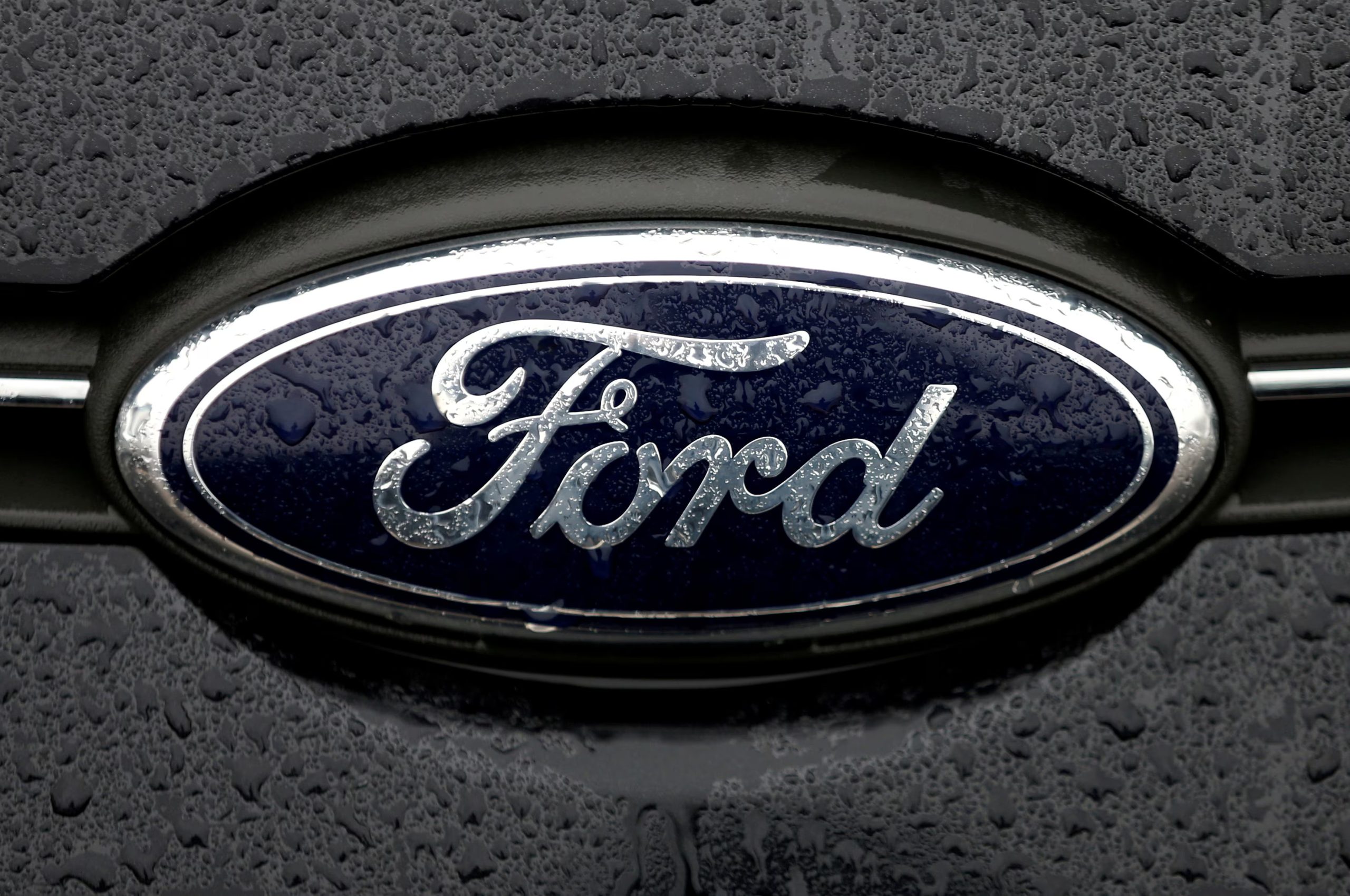
9. Stellantis – 4,804,285 Cars Affected (72 Recalls)
Stellantis, the multinational automotive group that includes brands like Jeep, Dodge, Chrysler, and Ram, had the highest number of recalls in 2024. With 72 separate recalls affecting 4,804,285 vehicles, Stellantis faced a turbulent year in terms of quality control.
While 17 of the recalls involved fewer than 100 vehicles, the company had six recalls that collectively affected over 3.3 million cars. The largest recall occurred on June 13, affecting 1,033,433 vehicles, including Jeep Grand Cherokees, Chrysler Pacifica minivans, and Ram pickup trucks.
The cause was faulty rearview cameras, which could create serious safety issues, especially for drivers who rely on these cameras to reverse safely. Stellantis’ challenges in 2024 were exacerbated by the large number of vehicles affected by each recall, showcasing significant manufacturing and safety concerns that the company must address in the coming years.
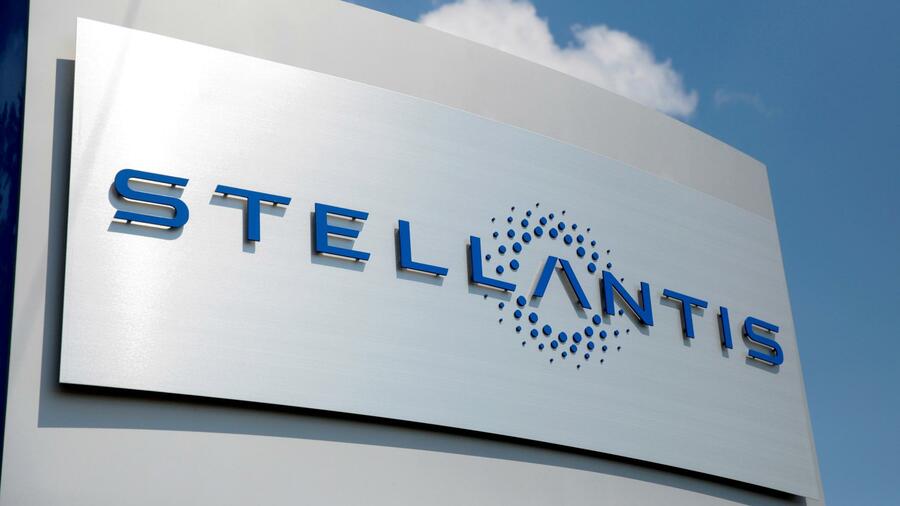
10. Tesla – 5,135,991 Cars Affected (15 Recalls)
Tesla, the American electric vehicle leader, had the most recalls in terms of the total number of affected vehicles in 2024. Although Tesla only issued 15 recalls, the scale of the issue was enormous, with over 5.1 million cars recalled.
The largest recall affected 2,193,869 vehicles due to incorrect font sizes on warning lights, which could hinder driver awareness of critical safety messages. Tesla’s Cybertruck also faced multiple recalls for issues such as a sticking accelerator pedal and a malfunctioning windshield wiper.
Despite the relatively low number of recalls, Tesla’s recall numbers were high, largely due to the size and scope of the issues involved. Tesla will need to address these recurring problems to maintain its reputation for safety and reliability in the highly competitive EV market.
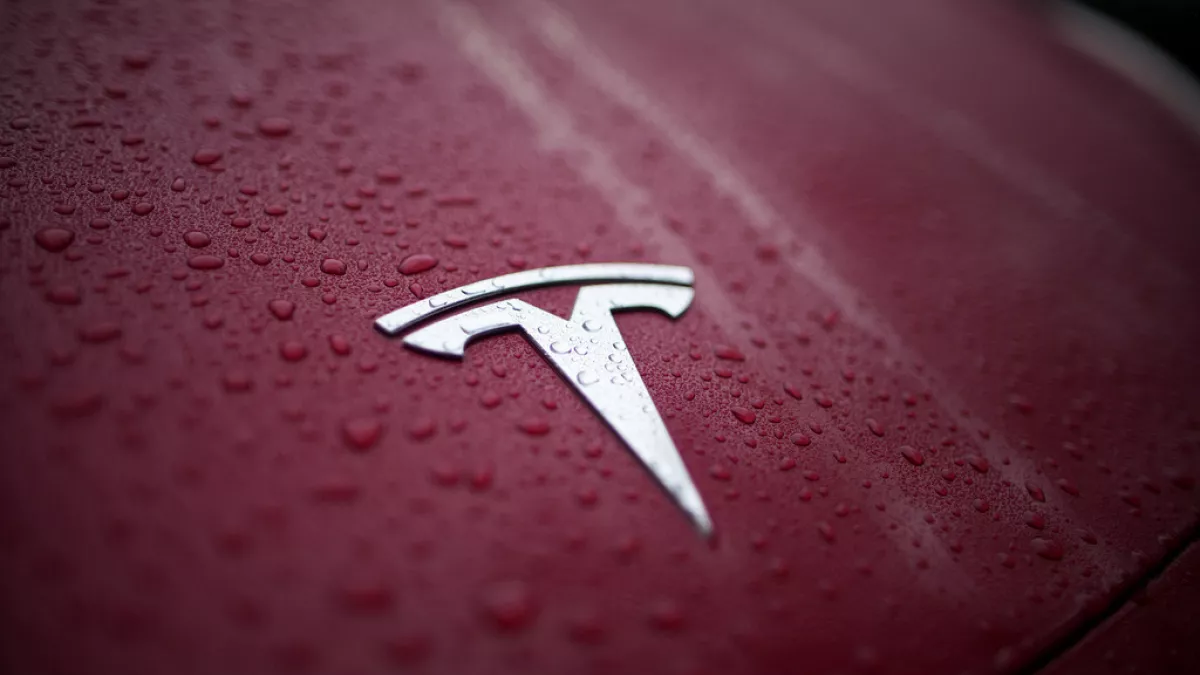
In 2024, the automotive recall situation highlighted the industry’s ongoing struggle to maintain high standards of vehicle safety and manufacturing quality. While some automakers showed improvement, others, like Stellantis and Tesla, faced large-scale recalls that impacted millions of vehicles.
The wide range of issues—from minor defects to severe safety hazards—highlighted the complex challenges faced by manufacturers in ensuring their vehicles meet safety regulations.
Despite the efforts of many automakers to address these issues, 2024 serves as a reminder of the importance of robust quality control measures and the need for continuous improvement in vehicle safety standards across the industry.
As recalls continue to affect millions of consumers, the automotive industry must work harder to ensure that vehicles are built to last and are free from safety risks that could jeopardize the well-being of drivers and passengers.
Also Read: 10 Best European Sports Cars That Rival High Performance Supercars

